US Senate passes patent reform bill
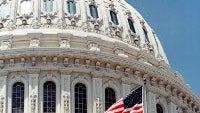
In an 89 to 9 vote yesterday, the US Senate passed a historic patent reform bill, the America Invents Act. Historic because the current legislation hasn’t changed in 50 years or so. But also - because it threatens to put an end to patent trolls, which thrive on patterns they didn’t invent and seem like the virus in the system for some.
The new bill gives the USPTO more control over its fees and directs the money to a capped patent office fund. Previously, money from patents would go to Congress and from there on were diverted often eslewhere than the USPTO budget. Estimates show that over the last 21 years, more than $800 million were diverted from the agency.
The new bi-partisan bill wants to speed up and improve the application process by recruiting more examiners, modernizing equipment and filtering out too broad patents. As of now, the USPTO suffers from a 700,000 patent backlog and it sometime takes 34 months - nearly three years - for a patent to be approved.
So what exactly changes in the way patterns are filed? Put shortly, the whole system. The new bill takes the first-to-file approach (popular in Europe) over the previously used first-to-invent. The application can be disputed during the process or up to nine months after the filing. That is a core change allowing third parties to challenge a patent and thus help control the system. It would also protect from lengthy and unsubstantial arguments over who was the first to invent a particular technology. It also saves from years of litigation over who was the first to invent a technology - a costly battle that might incur a total of $400,000 to $500,000 in expenses, according to the patent office. This is too much of a burden for the small investor, thus making it an easy win for big corporations.
Opponents to the legislation, including the National Small Business Association, point out that it favors big corporations which will might be able to block smaller business by just flexing their patent muscle. The new bill also fails to address software patents in particular. Software patents differ because they are often based on calculations and concepts. This seem to contradict current legislation as it forbids from patenting mathematical algorithms.
Apple, Google and Intel all backed the America Invents Act, but it still needs to get the President’s signature. Take a look at the source link below for the full text and all the details around the bill, but don’t forget to also take a look at our analysis of current patent disputes and leave your opinion about the reform in the comments below.
source: America Invents Act via PC World
Follow us on Google News





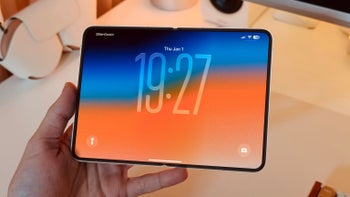


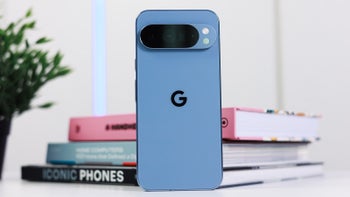

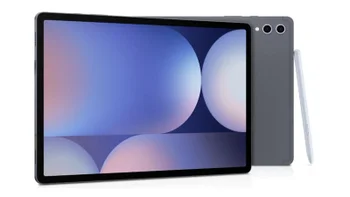

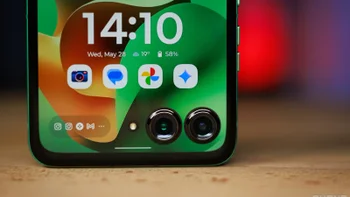
Things that are NOT allowed:
To help keep our community safe and free from spam, we apply temporary limits to newly created accounts: